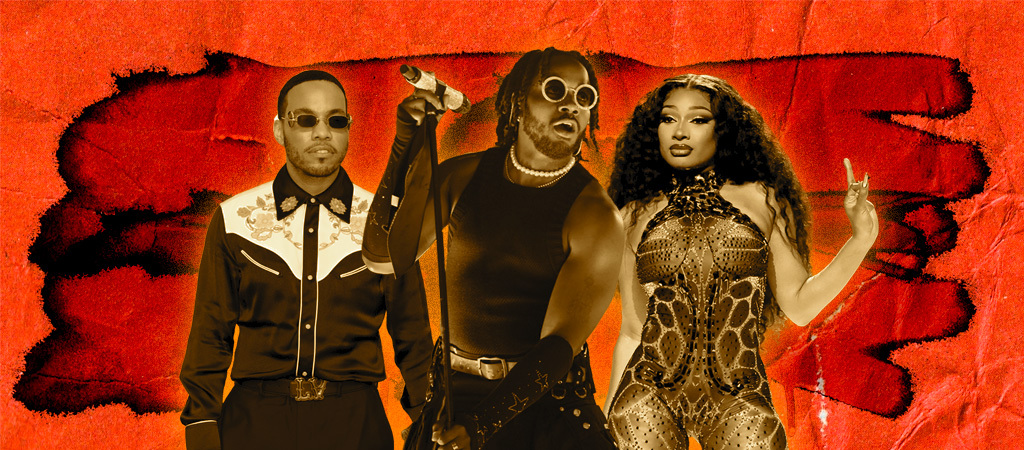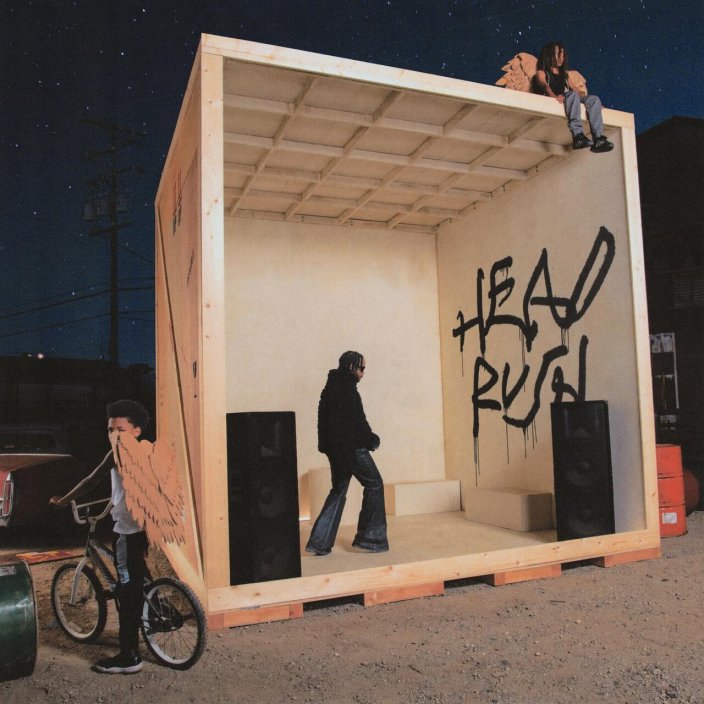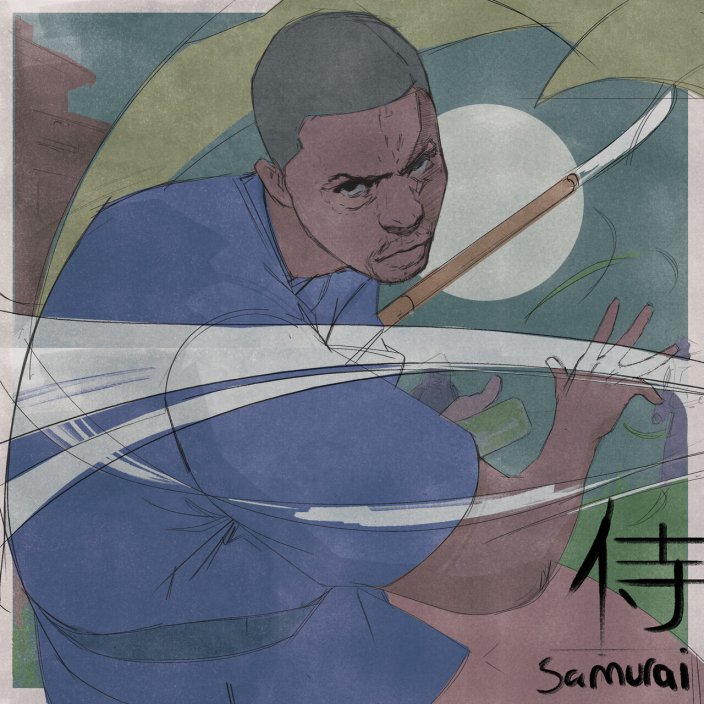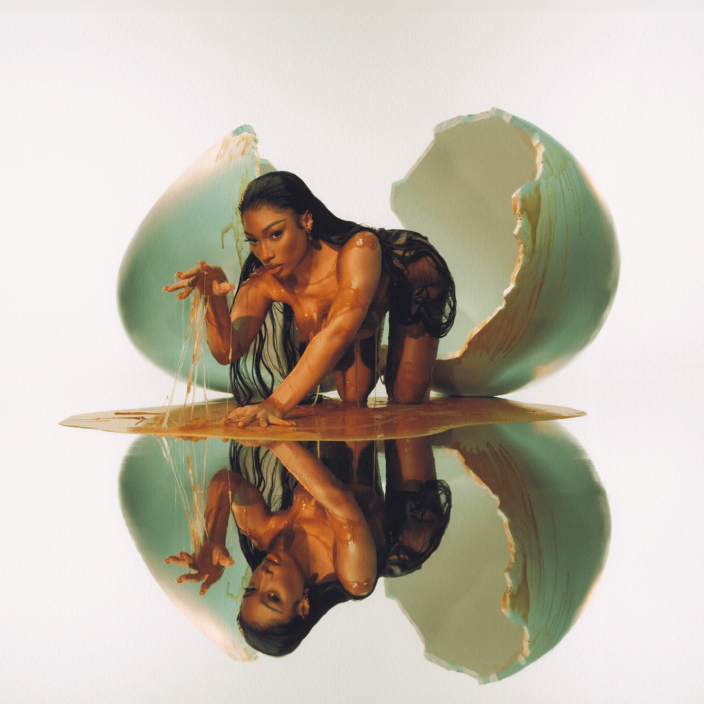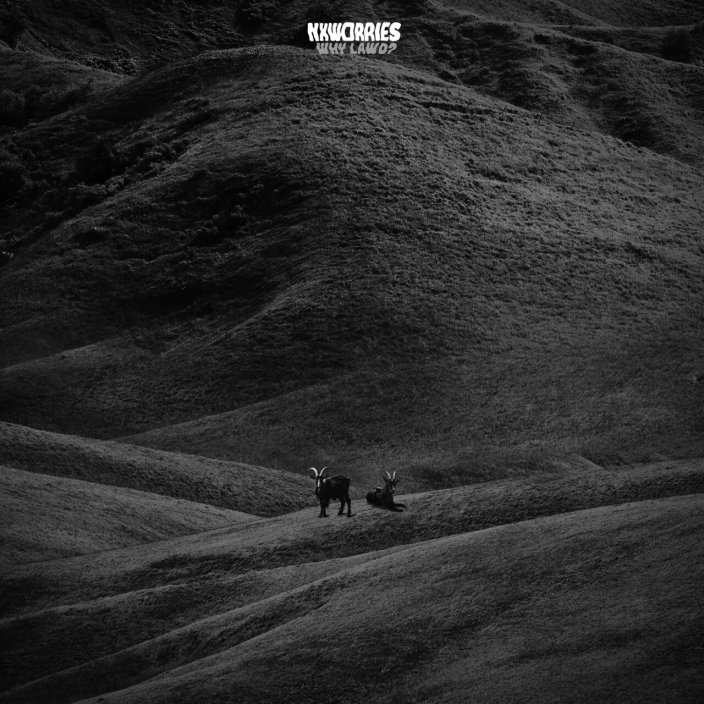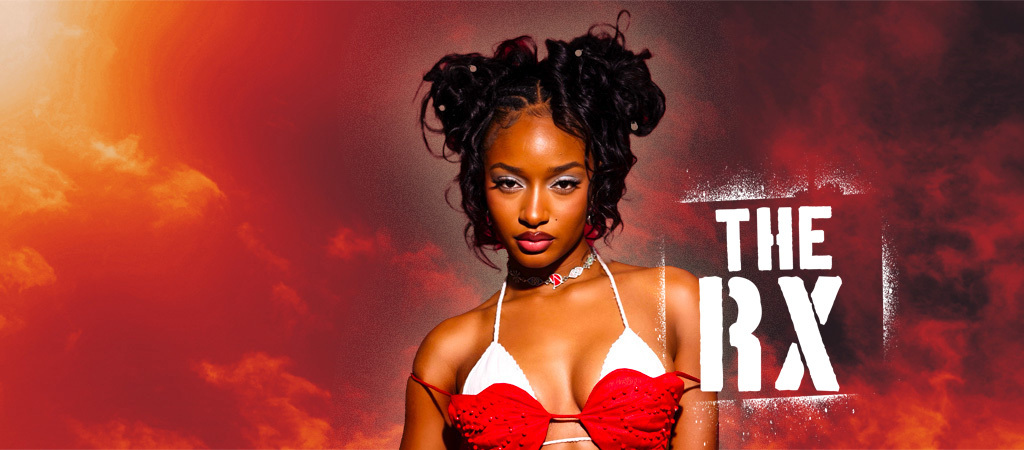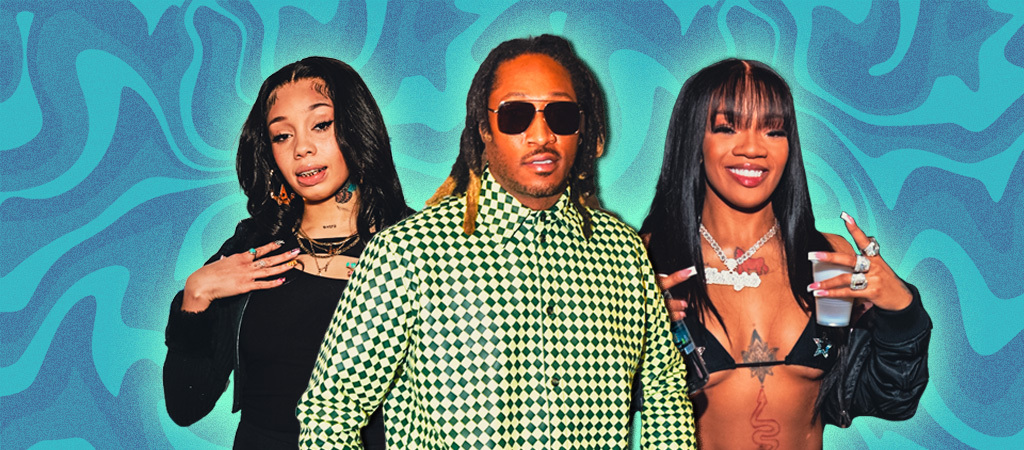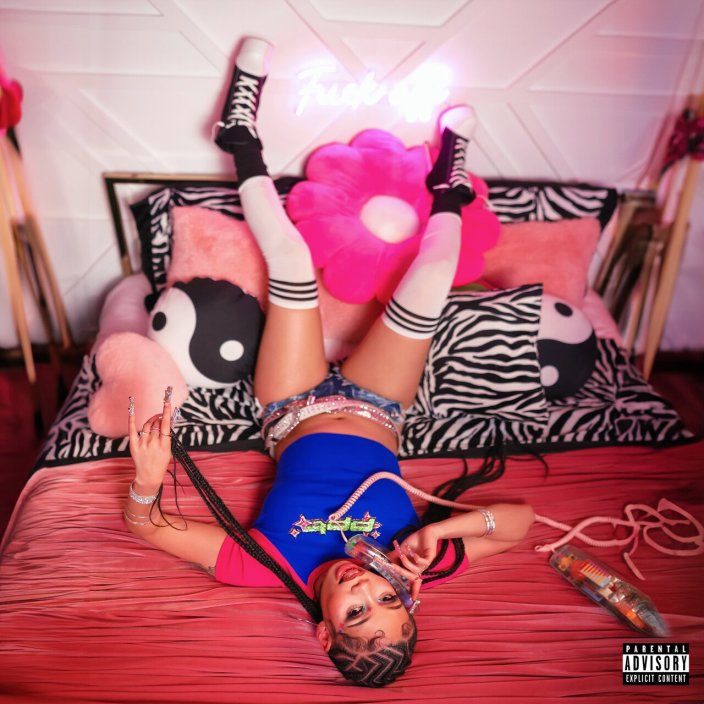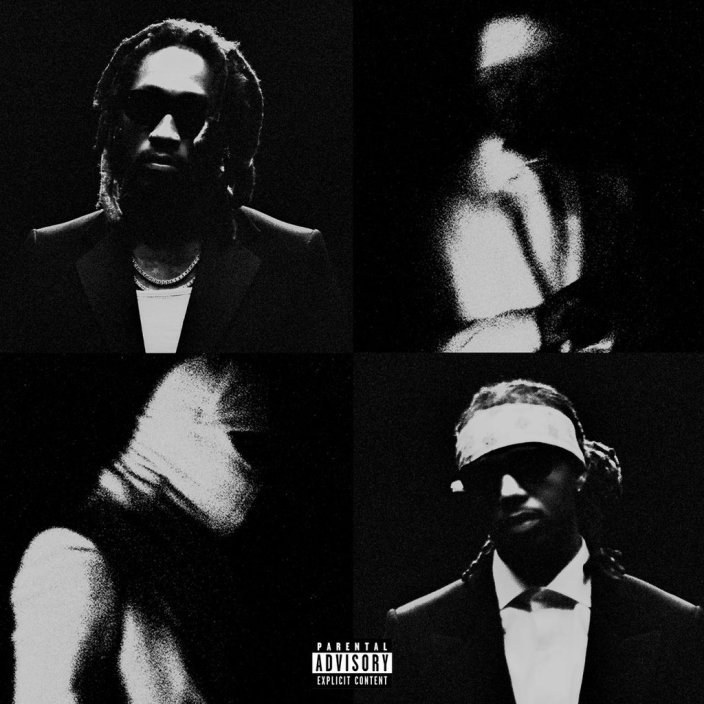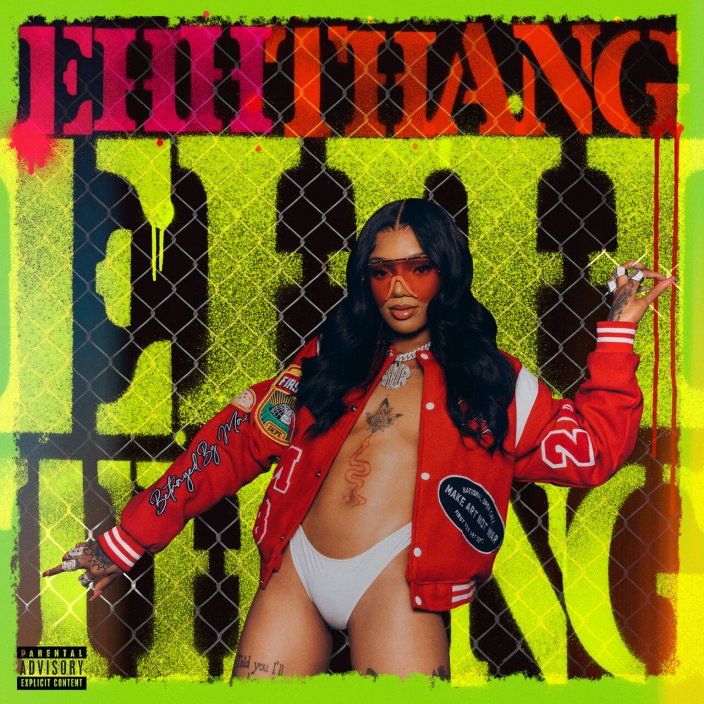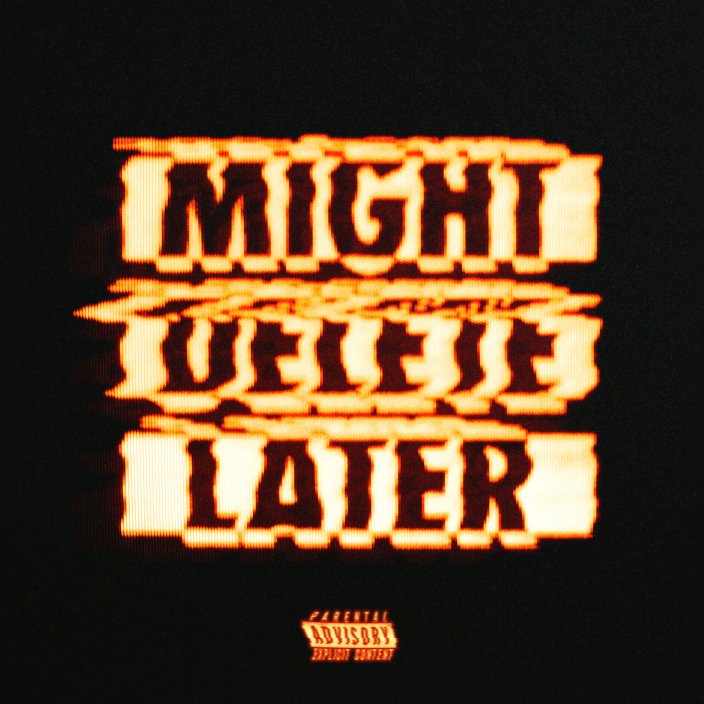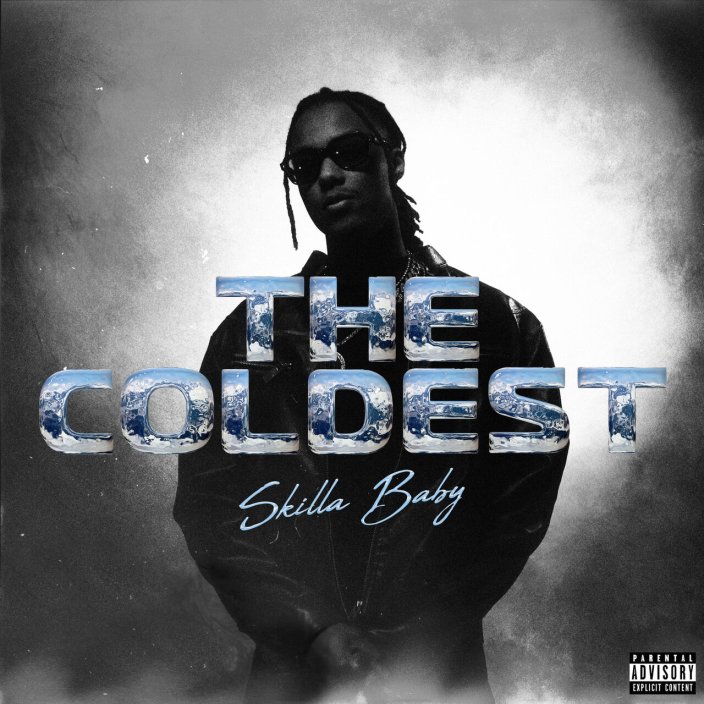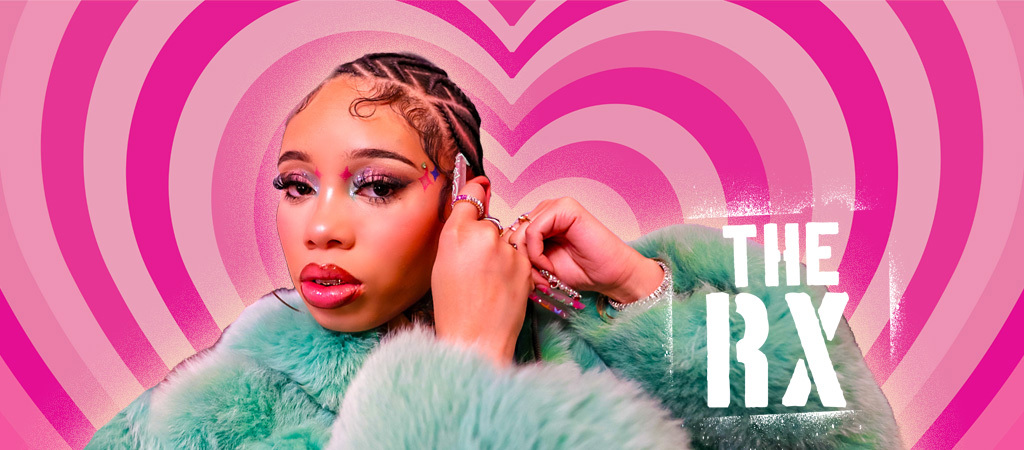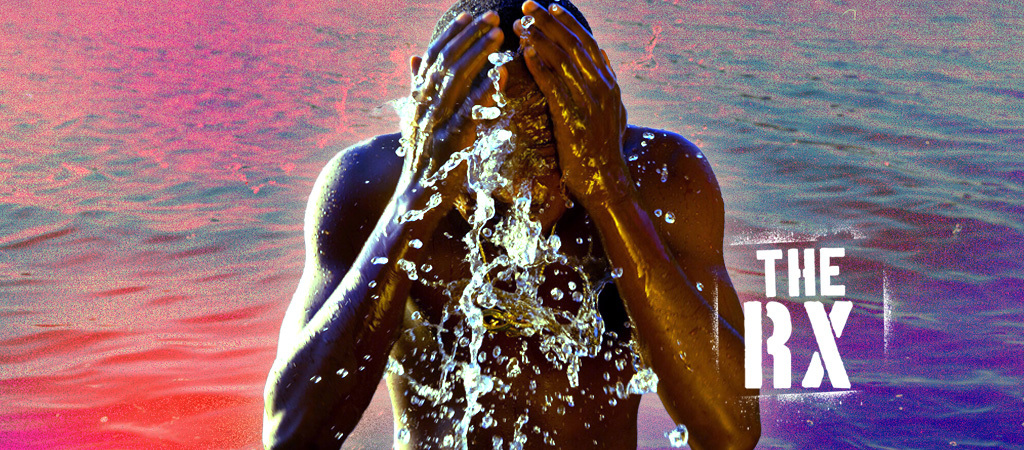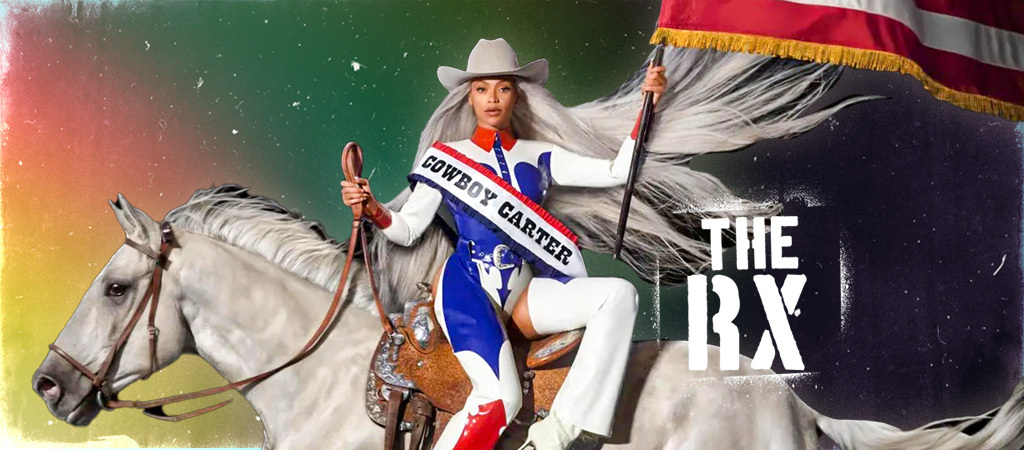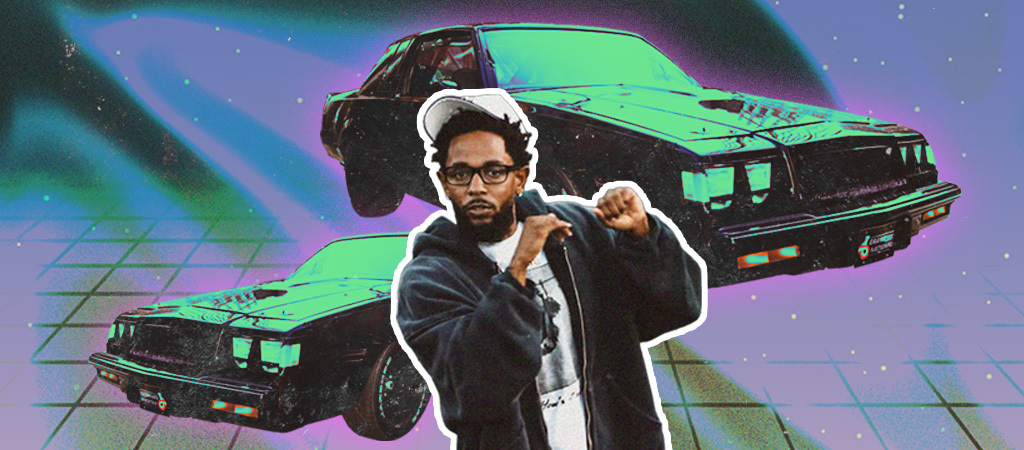
It’s appropriate that Kendrick Lamar named his new album after the 1987 Buick Grand National Experimental. Produced in limited quantities, it was never as ubiquitous as its predecessor, the Buick Regal, nor considered an out-and-out classic like some other ’80s muscle cars such as the Pontiac Firebird or Chevrolet Camaro IROC Z. But among auto enthusiasts, it’s an underrated favorite, the sort of “if you know, you know signifier” of a true head.
In that way, Kendrick has a lot in common with the GNX. He’s a one-of-one; the talents don’t get much rarer than his. And while he’s certainly received his fair share of recognition over the years — the Grammys, the Pulitzer, the mid-career Billboard No. 1s — it’s fair to say, that his true value as a lyricist and cultural figure isn’t really for general audiences, even if they refuse to understand or accept that about themselves (“Not Like Us” is a hit, but, well… look at who all’s singing along).
GNX, the album, is also a lot like the GNX, the car. It knows what it is, and it knows what it ain’t. The 1987 issue of Car And Driver that tested the roadster had this to say of it: “In a world of sleek shapes and refined manners, the GNX is an axe-wielding barbarian laying waste to everything in its path.” This statement could double as a fairly accurate assessment of Kendrick’s new album too — the album his day one fans have been waiting for since 2009.
That was the year Kendrick swapped out “K. Dot” as his official rap name with the Kendrick Lamar EP, a mixtape that quickly flashed his early promise, but belied his gangster-adjacent, Compton roots. Since then, each album has shifted a paradigm or addressed a social ill… but for some of us (okay, fine, me, specifically), none of those albums completely satisfied what we knew we wanted from the Hub City prophet. There was always more he could do; another edit to make, a more focused beat selection, for him to turn his labyrinthine wordplay toward something less solipsistic.
He got close on DAMN. in 2017, earning himself a Pulitzer Prize in the process, but again, the album felt like it was for everybody — or, at least, not for us. Dot’s songs always seemed to reach out for broader acceptance, even when he was baring his soul, wearing his heart on his sleeve, and dashing it open to spill its ruby contents. The influences of Kendrick inspirations like DMX, Jay-Z, Lil Wayne, and Nas were always apparent, but seemingly sublimated the ones that should have been there all along, like DJ Quik, MC Eiht, MC Ren, and King Tee — even when their names appeared on the tracklist.
But with GNX, Kendrick finally sheds expectations that he would be an avatar of intellectualism and sophistication in rap. It’s not for anybody those who know. Songs like “Squabble Up,” with its call back to LA’s hip-hop foundations in freestyle music like the interpolated Debbie Deb hit “When I Hear Music,” or “Dodger Blue,” with its call-outs of transplants afraid to cross the 10 freeway and shout-outs to high schools below the 105, are for Angelenos, those tapped into the culture of lowriders and set trippin’, of Drew League in the summer and functions broken up by ghetto birds and fist fights between reds and blues.
Songs like “Man At The Garden” and “Reincarnated” are salutes to rap heads who care more about the storytelling in the songs that moved them than the punchlines and metaphors that cause scrunch faces at backpack rap shows. They are not for people who think hip-hop is just for dancing in the club or pissing off their parents; they are for people who move and talk and think and breathe through hip-hop because hip-hop is what gives them life, speaking to them in languages that they can both hear and understand, word to Sidney Dean and Jimi Hendrix. Brands can bite the “Mustard Meme” prompted by “TV Off” all they want, but everything around that iconic ad-lib is a smoke signal to a certain kind of person — the kind those brands would hate to see step into their boardrooms, even as they try desperately to co-opt the clout such characters effortless carry with them. It ain’t on us, it’s in us.
GNX is stripped of the artifice and gimmickry that anchored Kendrick’s critically hailed introspective projects like To Pimp A Butterfly and Mr. Morale & The Big Steppers. Free of the weight of expectations — ours and his own — K. Dot delivers an album about his home, and how it affected him… but in typical Kendrick fashion is about more. It is about politics — the both the hood kind and the kind that create the material conditions for the previous kind to exist. It is about how and why music has been the lifesblood of a people who spent 250 years at the bottom of the American social hierarchy yet define its cultural identity. It is about protecting yourself from outsiders, and it’s about taking off the mask that keeps them comfortable while keeping ourselves from knowing who we are — a common theme in rap releases this year from Vince Staples’ Dark Times to Tyler, The Creator’s Chromakopia.
It’s the album we — and when I say “we,” I want to you to know that if you question whether that includes you, then it probably doesn’t — always wanted from Kendrick Lamar. Unapologetically LA, with the brute force to truly create the sort of impact his inspirations had; confessional but self-assured in the way only someone who has come to terms with himself can be. GNX is all muscle, no fat, built for the streets, and for those in the know; everyone else can get left in the dust.


